Latest News
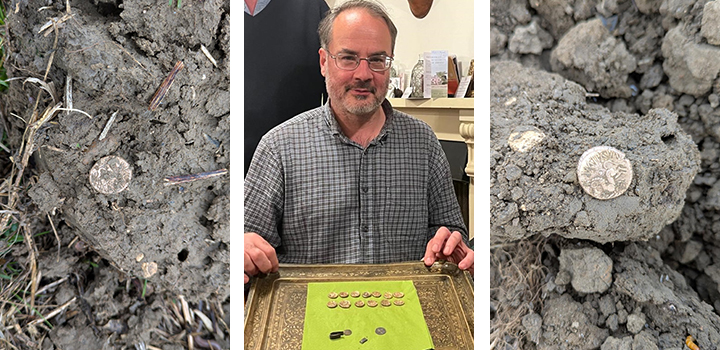
History professor strikes gold with remarkable Iron Age discovery
After discovering a rare hoard of Iron Age gold coins in Suffolk, Prof Tom Licence hopes to use some of the proceeds to support local archaeological digs, following their auction in London.
Read more
Global project to address major gap in disability research for South Asian families
University of East Anglia (UEA) researchers have launched a major international study to better-understand the experiences of South Asian families caring for relatives with intellectual and developmental disabilities.
Read more
A graduate’s apprenticeship journey from ‘imposter’ to award‑winning strategic leader
For National Apprenticeship Week 2026, UEA is shining a spotlight on graduate Anna Tanner, whose experience on UEA’s apprenticeship and MBA programmes helped to transform her confidence and leadership style.
Read more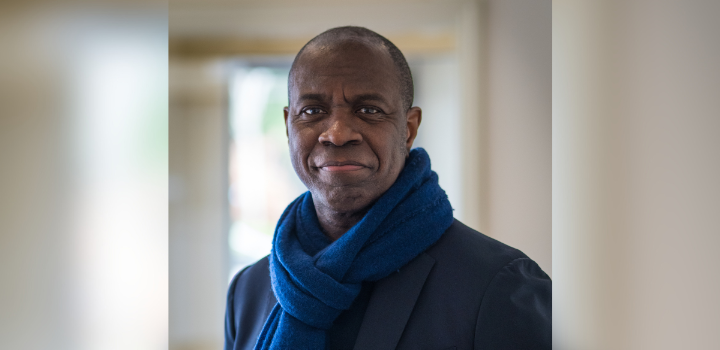
Multi-award-winning journalist Clive Myrie visits UEA for in-conversation event
Learn more about the chance to meet and hear from one of the BBC’s most experienced and recognised news presenters at a special event in May.
Read more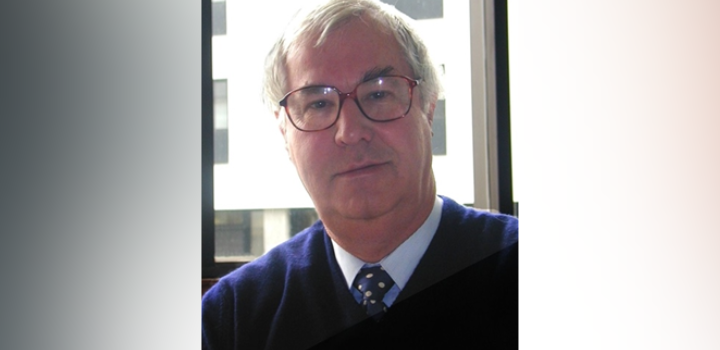
Remembering Professor Stuart Penkett
Friends and colleagues at UEA were saddened to learn of the death of Stuart Penkett, Emeritus Professor of Environmental Sciences, who passed away at the start of January.
Read more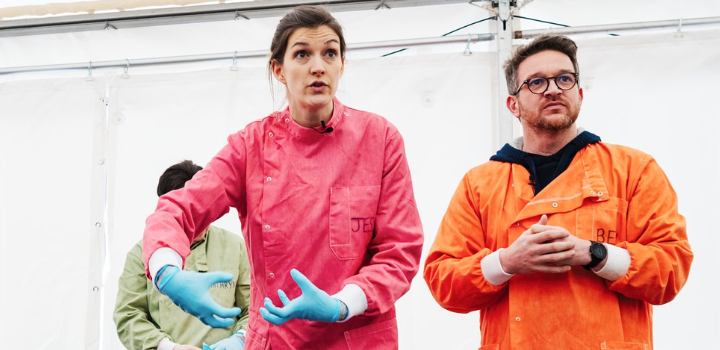
Inside the animal kingdom: Experience a dissection live with Prof Ben Garrod and Dr Jess French
Join Prof Ben Garrod, UEA’s Professor of Evolutionary Biology and Science Engagement, and veterinary surgeon Dr Jess French on Saturday 11 April for a unique look into animal biology.
Read more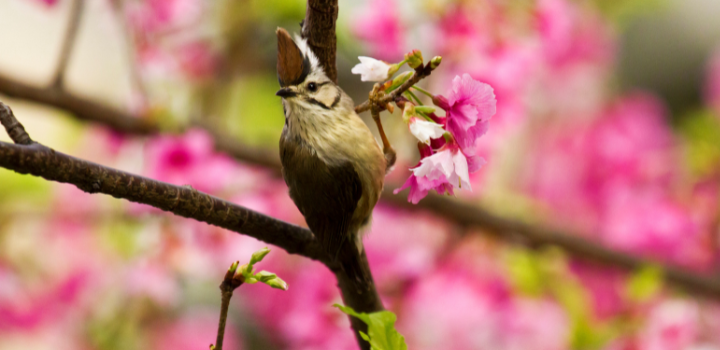
‘Energy efficiency’ key to mountain birds adapting to changing environmental conditions
Research led by the University of East Anglia sheds new light on how mountain birds adapt to changes in climate.
Read more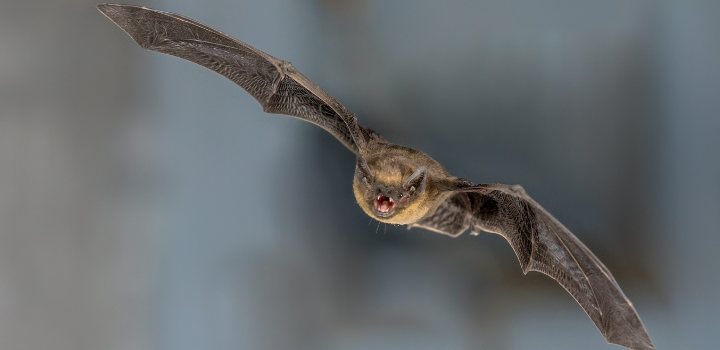
Humans show bat-like skills using mouth-click echolocation
It may sound like a scene from Nosferatu, but research from the University of East Anglia (UEA) shows that humans can use bat-like echolocation skills to judge the distance of objects.
Read more
UEA launches study after supplement shows promise in professional racing drivers
Researchers at the University of East Anglia (UEA) are launching a new study to see whether American ginseng extract could boost brain health.
Read more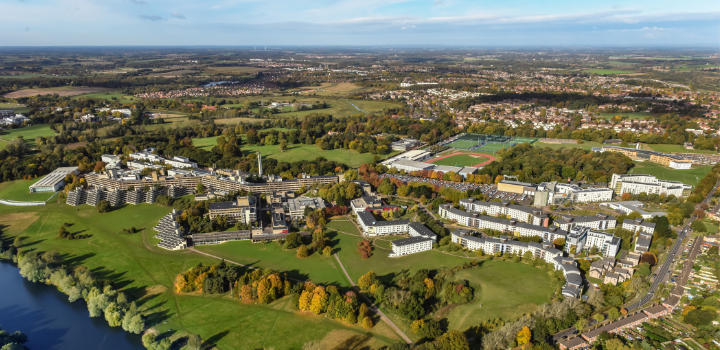
UEA celebrates global success in inaugural TIME Magazine university rankings
The University of East Anglia (UEA) has been named among the top 160 worldwide in TIME’s The World’s Top Universities of 2026.
Read more
Temperature of some cities could rise faster than expected under 2°C warming
Many tropical cities are predicted to warm faster than expected under 2°C of global warming, according to new research led by the University of East Anglia.
Read more
Parliament draws national attention to UEA’s work on Jewish heritage in Norwich
The University of East Anglia’s bid to create a Centre for Jewish History and Heritage has gained national attention after being raised in the House of Commons.
Read more


